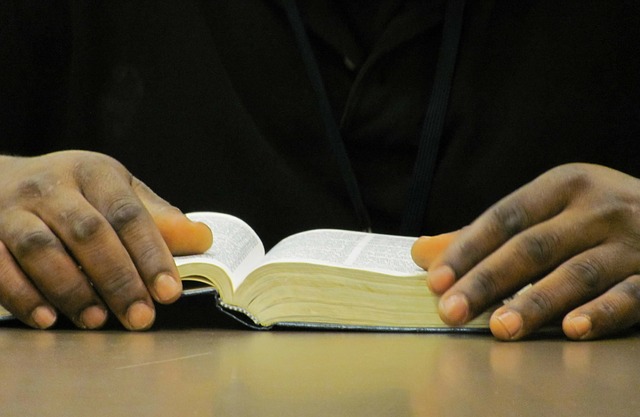Greetings everyone and thanks for joining me for this edition of our Sunday School preview. This Sunday’s lesson is entitled “The Prayer of Jesus” and is found in Matthew 6:9-15. This lesson text, like last week, is part of what is commonly called Jesus’s “sermon on the mount”.
This week’s text is what many refer to as “the Lord’s Prayer”. As I mentioned last week, this prayer is better termed “the disciple’s prayer” or “the model prayer”. Jesus gave or taught his disciples and followers this prayer to help them with their prayer life.
Prayer is a focused mode of communication between the one praying and God. Christians should be in constant communication with God. The difference in prayer and other forms and modes of communications is that prayer takes on an urgency and intensified need of attention greater than most other forms of communication and interaction with God.
The disciple’s prayer has several distinct elements that will be briefly identified and explained here. We can begin with the address and voice of the prayer. Note that Jesus teaches us to address God as “Father”. This immediately establishes an intimate relationship unique to that of parent and offspring along with all the respect and honor a Creator is due by using the word “hallow”.
Hallow is similar in meaning to words like holy and sanctified, but goes even beyond those and has this additional sense of God name being forbidden to be touched or soil or defiled in any way or manner or use.
The whole prayer begins with the voice of many (our) and not just one (my) and maintains this voice throughout the prayer (us). This tells us that prayer should never be self-centered. But it should somehow involve others either directly or indirectly besides ourselves.
Our prayers should involve seeking the glory and will of God with your kingdom come and your will be done. Prayer can be seen in some respects as someone on a mission for another and requesting help or aid to complete that mission as we pray for daily needs.
The prayer then teaches us to remind ourselves that we are debtors to God. In the same manner we want God to forgive us our debts, we must forgive others their debts we hold against them. Debt doesn’t refer to money is this case, but to any apology owed for any wrong done to another.
Jesus teaches us to pray for God to spare us any unnecessary temptation which refers to any pain, suffering, trials or anything that may contribute to doubt or disobedience of God. During these times of temptation is when the enemy or “evil one” can be most effective in encouraging us to doubt or disobey God.
Jesus teaches us to pray that in such times we need and want God to deliver us from the evil one and the situation we find ourselves in. The prayer then concludes with a declaration of the majesty, authority and sovereignty of God.
So, this prayer is given and is designed for God’s children to guide their thoughts when they have anything urgent or intense they feel they need to communicate to God. It includes aspects of reverence, relationship, mission, dependency, mercy and endurance. Whenever we pray, we need to keep these things in focus.
The end of prayer should be for the greater good and benefit of others, ourselves included, and the kingdom of God. Well, I hope you will attend SS this coming Sunday and share your thoughts with your class. If you have any comments or questions, be sure to place them in the comment section of this preview. So, until next time remember to fear God and keep His commandments.
Pastor Jordan


